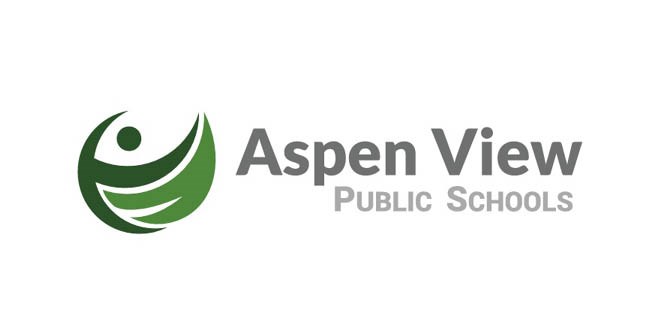ATHABASCA – Only 48.5 per cent of First Nations, Métis and Inuit (FNMI) students within Aspen View Public Schools achieved the acceptable standard in last year’s diploma exams compared to 68.7 per cent of Indigenous students across the province.
This is according to the “Indigenous Education Board Update” presented to Aspen View trustees during their Feb. 7 meeting by Katherine Mann, Associate Supt. of Curriculum and Technology.
Using data from the June 2022 diploma exams, Mann reported that the number of FNMI students in Aspen View were achieving the acceptable standard (50 per cent or higher) on their diploma exams at a rate of 22.2 per cent lower than other FNMI students within Alberta.
As well, the number of Indigenous students in Aspen View achieving a standard of excellence (80 per cent or higher) was 8.5 per cent lower than other Indigenous students in Alberta.
The report also looked at Social 30-2 results and determined only 35.7 per cent of Aspen View FNMI students were achieving an acceptable standard, compared to 66 per cent of FNMI students across Alberta.
Also, 5.4 per cent of FNMI students provincially achieved the standard of excellence compared to zero in Aspen View, statistically speaking.
Board chair Candy Nikipelo likened the situation to the PAT and diploma exam results presented to the board back in January.
That report also showed that only 56 per cent of Aspen View students achieved an acceptable standard on diploma exams versus 75.2 per cent provincially. The only subject where Aspen View students did fairly well was in Physics 30, where 78.6 per cent of local students achieved an acceptable standard.
Nikipelo said trustees are always concerned when local students are scoring well below the provincial average, though not necessarily alarmed.
One of the areas they’ve identified as a possible way of bringing up student results is improving attendance.
“Attendance is a big predictor of student success, and that doesn’t matter if they’re Indigenous students or (another demographic),” she said.
“If we can get the students in the schools so we can get our teachers teaching them, I think our results would skyrocket.”
It is worth noting that the report itself highlights the division’s somewhat poor high school completion rates amongst Indigenous students.
For instance, at the end of the 2020-2021 school year, FNMI students in Aspen View had a 56.9 per cent three-year completion rate, which was 19 per cent lower than the high school completion rate of all Aspen View students.
Nikipelo also acknowledged the fact that 2021-2022 was very much a pandemic year and local kids are still trying to catch up after experiencing a significant learning loss from the pandemic.
Until they have a couple years post-COVID under our belt, “I just feel we can’t point fingers at any one cause,” she said.
The report also goes into detail about the various activities Aspen View engages in to support FNMI students.
With the leadership of a 0.2 FTE Education for Reconciliation co-ordinator, school leads meet on a regular basis to build their understanding of Indigenous ways of culture.
Collaboration also occurs for special events like the National Day for Truth and Reconciliation, Métis Week and Indigenous Peoples’ Day, and the division continues to work with Elder Phillip Campiou to receive guidance in the raising of the Treaty 6 flag and bringing Campiou’s teachings to locals.
As well, school leaders have begun to embrace daily cultural practices like smudging and talking circles into schools, and the division is exploring the use of Locally-Developed Courses (LDCs) where students can earn credit for learning about smudging, the Seven Teachings and the Medicine Wheel.
“An important area that needs to be explored again is how the division can offer students access to learning Indigenous languages as this is a critical part of preserving culture and identity,” Mann states in the report.
In conclusion, the report states that Aspen View is proud of the work done thus far, but division officials recognize that there is still a tremendous journey ahead.
“Continuing to build relations with and centering the voices of our Indigenous community partners will be fundamental to meeting our responsibilities for FNMI students’ success and wellbeing,” Mann writes.



